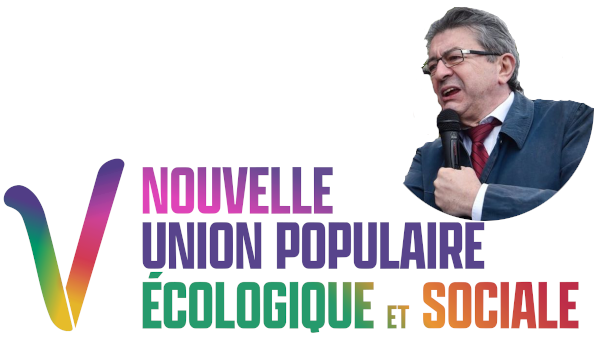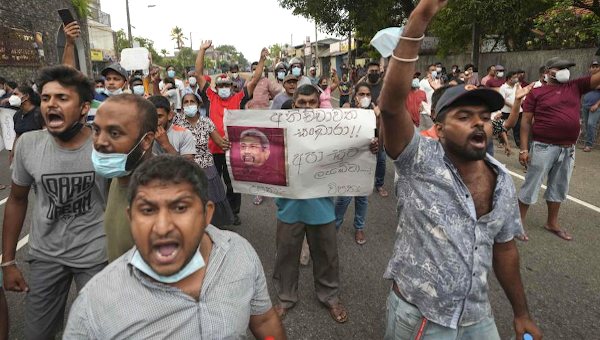CONTENTS
CALLS TO ACTION
Keep VIA Rail a public entity
On March 9 2022, Canada’s Minister of Transport, Omar Alghabra announced that the Government of Canada and Via Rail Canada will begin the process of privatizing the Windsor-Quebec City portion of Via Rail’s operations. Many believe this will be the first step in privatization of Via Rail’s entire network. While the government and Via Rail will promise improved service and route increases, history tells us that this will be patently false. Privatization leads to less service, fewer routes, and higher costs on the end user.Please sign this petition and tell our elected officials that Via Rail belongs to Canadians and is NOT for sale!
change.org
EVENTS
Indigenous Perspectives on Natural Assets
When: June 3rd, 1pmIndigenous leaders sharing their lived experience in caring for natural assets, along with their advice for local colonial governments. We will hear from:
– ‘Qátuw’as Brown, the Community Engagement Coordinator for the Haízaqv Climate Action Team.
– Tara Marsden (Naxginkw), the Senior Indigenous Advisor for the Healthy Watersheds Initiative and a member of Gitanyow First Nation.
– Frank Brown, Sr. Advisor Indigenous Leadership Initiative advancing Indigenous conserved and protected areas and guardians.
– Fred Roland (Hwiemtun) a First Nations cultural educator from the Cowichan Tribes who has journeyed around the world to explore ways of being with elders and healers of many indigenous tribes.
eventbrite.co.uk
Summer School: The Climate Crisis and Future of Work
When: June 6-10thWant to know how to navigate climate change and its implications in your work and your organization?
Climate change represents an epochal change, exerting multiple disruptive effects on the world of work that are often hard to assess. This is why we are offering you the opportunity to take advantage of an innovative in-depth one-week training (6-10 June, 2022) taking place simultaneously at the University of Toronto (in English) and at the Université de Montréal (in French).
Places are limited, so we encourage you to take advantage of this opportunity as soon as possible. English-language activities are available in Toronto and French-language activities in Montreal.
The cost of registration is $425, which includes refreshments and lunch during the week (for in person attendees). Single day registrations are available for $85/per person.
crimt.net
Nuclear Power: Insecure, Unsafe, Unsustainable
Mon. June 6th, 2pm ETThis webinar will look at the impact of nuclear power on the environment, health, and security. It will explore how nuclear energy damages lives, communities, and the environment, while also exploring the links between nuclear power and nuclear weapons. With speakers Dr. Ian Fairlie and Lorraine Rekmans.
cnduk.org
ARTICLES
Unrelenting Neoliberalism: The Ontario Election and the Ford Government
 By Joseph Fantauzzi
By Joseph FantauzziOntario is days away from a general election. For weeks, daily news coverage has been full of announcements and promises to make life better for Ontarians not only from the incumbent Progressive Conservative (OPC) Party led by Doug Ford, but also from the major opposition parties. Social media has also served as a battleground for the hearts and minds of Ontario’s voters, and has often provided a more equitable platform for smaller political parties in the province than the coverage offered by legacy media.
Source: The Bullet No. 2626
Can Mélenchon’s Left Coalition Defeat Macron in June?
 By Dave Kellaway
By Dave KellawayJean-Luc Mélenchon was beaming at the launch of NUPES (early May), his new electoral coalition, the New Popular, Ecological and Social Union. The former Socialist Party (PS) minister, who split 14 years ago to set up his own movement, was now the undisputed leader of the left and progressive forces in France. His third attempt to reach the runoff for president had just failed by a few hundred thousand votes. Those competitors on the Left and the ecologists had underestimated him. They had criticised his international politics, his anti-Europeanism and the lack of internal democracy in his movement. Now they were standing in the second row.
Source: The Bullet No. 2627
Sri Lanka: Crisis of Neoliberalism and the Progressive Alternative
 By Devaka Gunawardena
By Devaka GunawardenaThe current crisis in Sri Lanka is not only a political crisis of the regime of Gotabaya Rajapaksa. It is also a structural breakdown of the way in which neoliberalism has historically attempted to legitimise its own regime of accumulation. According to one framing of the debate, while the Rajapaksa regime is going backward, neoliberal elements within the Opposition embrace a forward-looking agenda. But both represent two provisional attempts to resolve the problems generated by the neoliberal regime, without necessarily transforming it in a deeper, structural sense.
Source: The Bullet No. 2628
Diversions, Divisions, Decline
 The Right, Social Movements, and the Ontario Election. Democracy in Ontario? Only the naive and those standing to gain from the political spoils are refusing to concede that electoral democracy is rotten to its core in Ontario. Since the 1990s, the neoliberal policy regime of ‘free markets’, low taxes, cuts to social provisioning, and more money for policing have dominated the agenda at Queen’s Park. Moderated by Greg Albo. Presentations by Bryan Evans, Shelagh Pizey-Allen, James Hutt, and William Paul.
The Right, Social Movements, and the Ontario Election. Democracy in Ontario? Only the naive and those standing to gain from the political spoils are refusing to concede that electoral democracy is rotten to its core in Ontario. Since the 1990s, the neoliberal policy regime of ‘free markets’, low taxes, cuts to social provisioning, and more money for policing have dominated the agenda at Queen’s Park. Moderated by Greg Albo. Presentations by Bryan Evans, Shelagh Pizey-Allen, James Hutt, and William Paul.Source: LeftStreamed